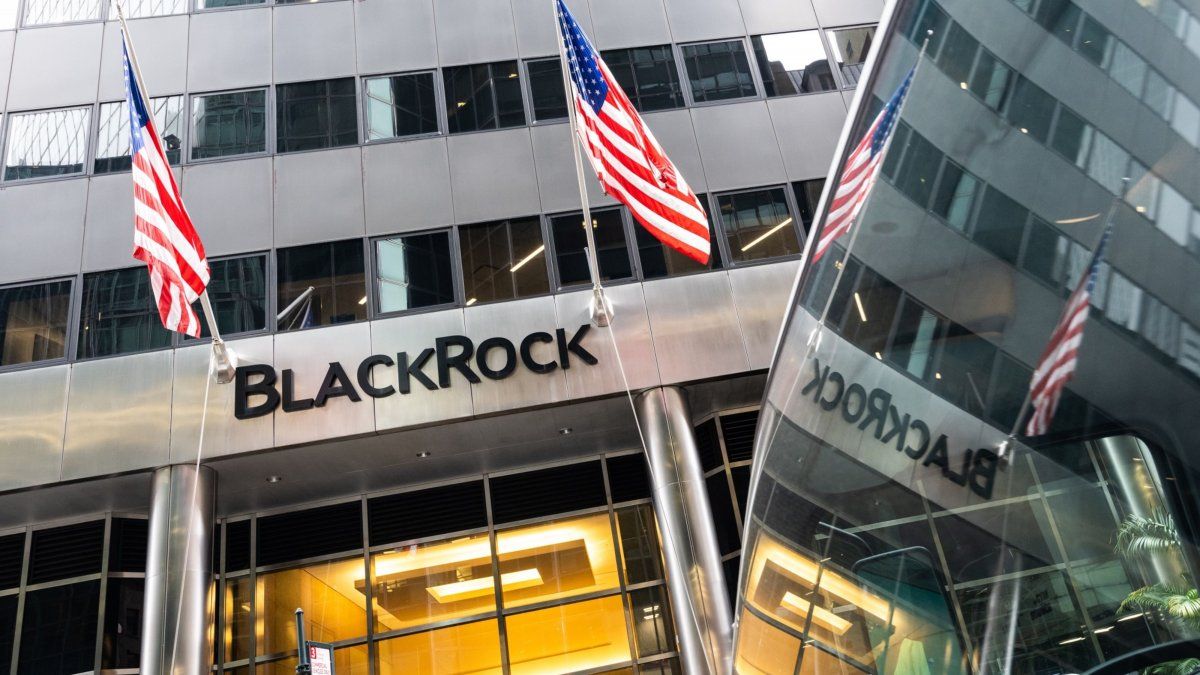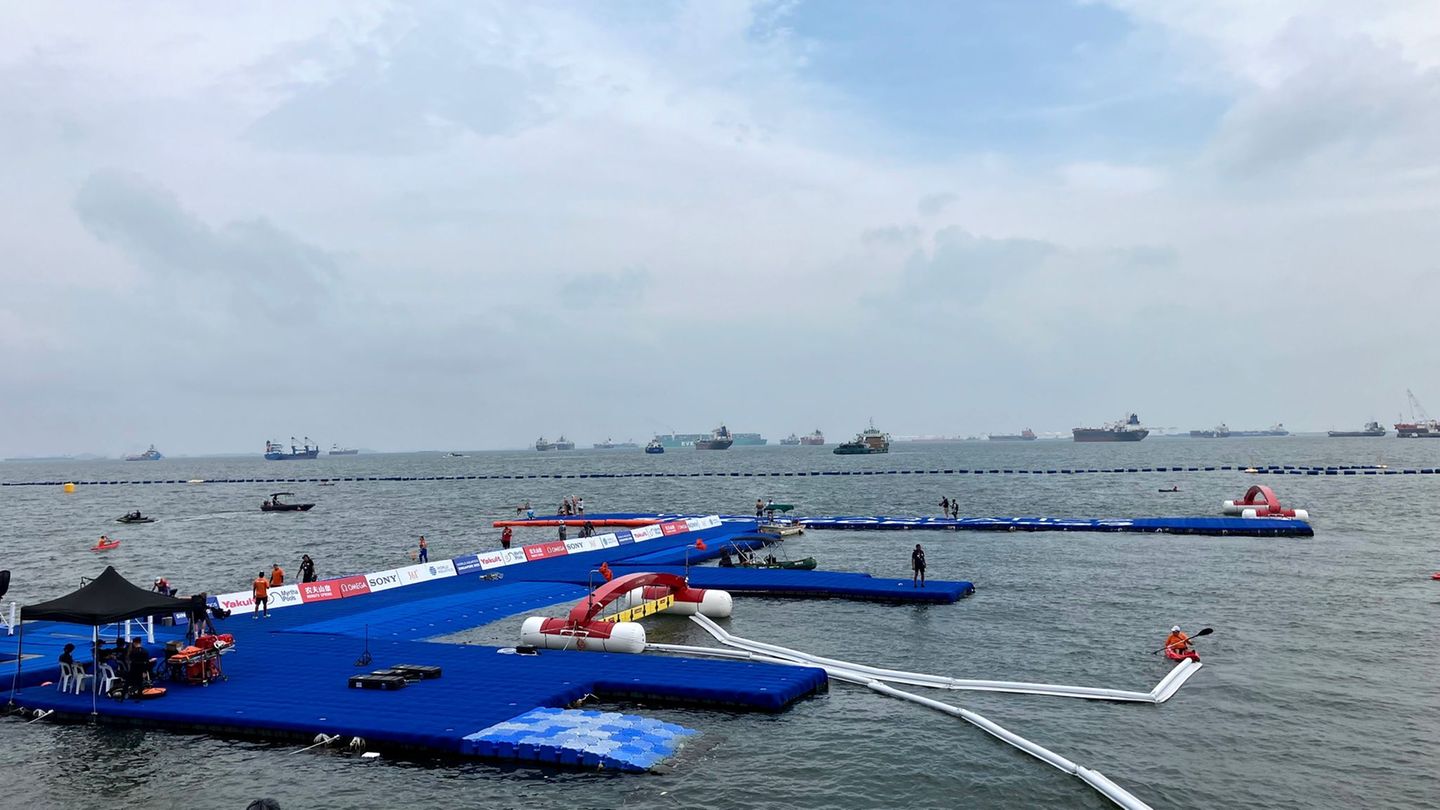BlackRock, it is assumed, keeps in its portfolios a large part of the bonds received in the restructuring program headed by Martín Guzmán, which today, and despite an improvement since Sergio Massa arrived at the Palacio de Hacienda, navigates in a price almost of default , with an average value of approximately 37% when the cut-off Net Present Value (NPV) was 54.8%. However, BlackRock maintains all its investments, fundamentally those derived from the real economy.
The message of a certain peace towards Buenos Aires had been carried months ago by Pablo Goldberg, a compatriot with a master’s degree from Di Tella University, who holds the position of head of Research and Portfolio manager for BlackRock’s Emerging Market Debt Team; which makes him a person with double added value in the organization. He is an expert in emerging markets and a specialist in debt, with the DNA of having lived with local crises. Which gives it an added value and an unparalleled competitive advantage, when comparing the chronic Argentine falls with the more prudent ones seen in other emerging countries. The fund gave him the task of following the very complicated Argentine case, taking into account that only a legal Creole can understand what is happening in the local market.
BlackRock appears to be unhappy with the rest of its holdings. Or at least he did not reduce his presence in the Argentine real economy in all these years of the presence of the ruling party in power. He also showed no signs of discontent with his holdings in companies in several key industrial and service sectors. Even in some, like YPF, he gave signs of satisfaction in the last shareholder meetings.
Fink’s fund accepted the restructuring organized at the beginning of Alberto Fernández’s administration by former president of the oil company Guillermo Nielsen, as well as a significant portion of the oil company’s shares. BlackRock owns 5.67% of the package, with 9.77 million shares in its possession. He joined the oil company as a private partner in the 1990s, as part of his global alliance with Repsol, and remained unchanged without defending the Spanish (only business, nothing personal), during the conflict over the renationalization of the oil company by the government of Cristina Fernández de Kirchner in 2012. In those days, BlackRock decided to withdraw its strategic alliance with Repsol in the oil company, after a conversation with the CEO appointed by the former president, Miguel Galuccio. The good dialogue between the two continues to this day. In fact, Galuccio was one of the few who was able to demonstrate during the negotiating events that led to the August 2020 debt restructuring that he had a direct line with Fink himself, whom he tried to convince to accept any of the offers that Martín Guzmán had been proposing during the private debt restructuring process under international law. He was unsuccessful, but he proved to be the only Argentine who was seriously cared for by BlackRock management and whose arguments were listened to.
On several points, he even managed to get Fink to accept truces that did not put more pressure on the country and worsened the negotiating conditions. Due to this direct relationship with the former CEO of YPF, and today the driver of a successful services company in the sector (Vista Oil & Gas), BlackRock always maintained its permanence in YPF and agreed to participate in all debt placements, including the titles that entered into renegotiation. BlackRock also maintains a friendly position in the lawsuit brought by the British vulture fund Burford for the way in which the renationalization of YPF was handled in 2012; even offering the collaboration of their lawyers if needed.
The same ones that later intervened in the negotiation of the 2020 debt. The interest here is simple to explain: if Argentina loses the case, the oil company’s shares would be affected, and, consequently, it would lose money. The largest fund in the world also has an important presence as a partner of Argentina in the real economy. Not only because of its involvement as a shareholder in multinationals with a strong local presence such as Coca-Cola, Bayer, Apple, Microsoft, Telefónica or Procter & Gamble (among others); but as owner of shares of several of the most important companies in the market such as Mercado Libre, Tenaris, Grupo Galicia, Banco Macro, Telecom, Pampa Energía, TGN, Arcos Dorados and Adecoagro.
Source: Ambito
David William is a talented author who has made a name for himself in the world of writing. He is a professional author who writes on a wide range of topics, from general interest to opinion news. David is currently working as a writer at 24 hours worlds where he brings his unique perspective and in-depth research to his articles, making them both informative and engaging.




